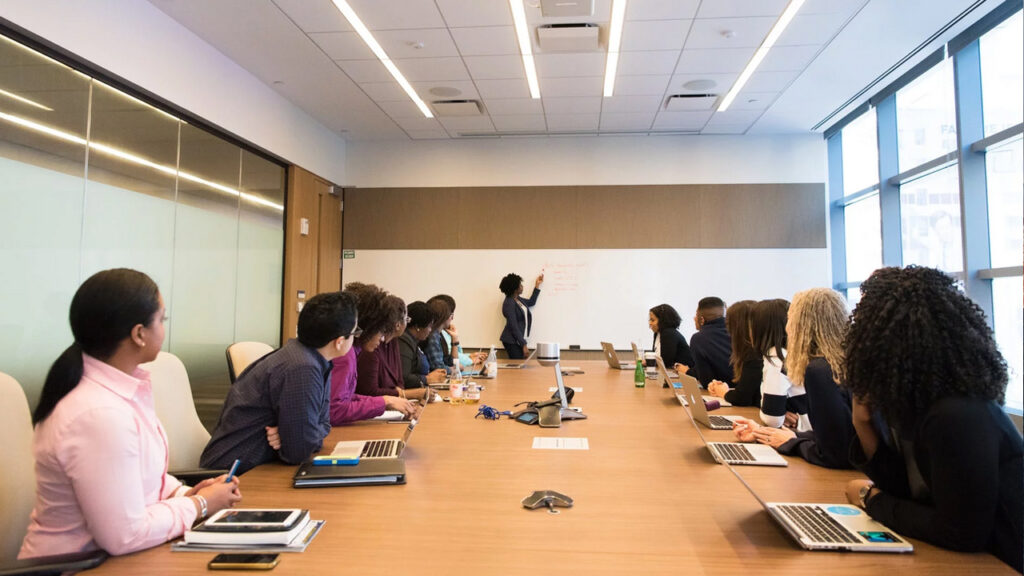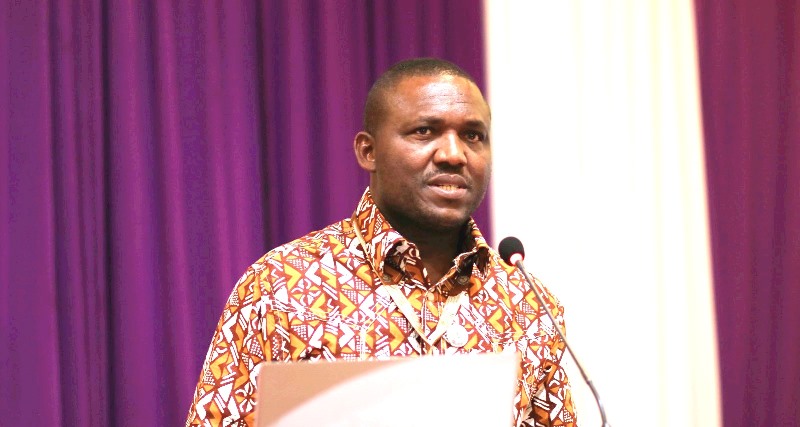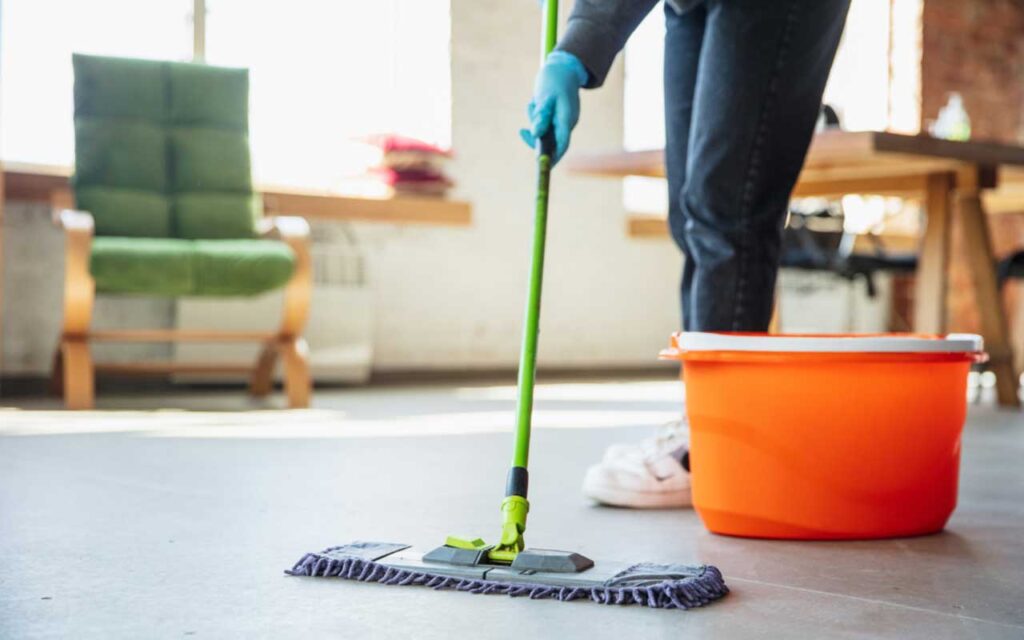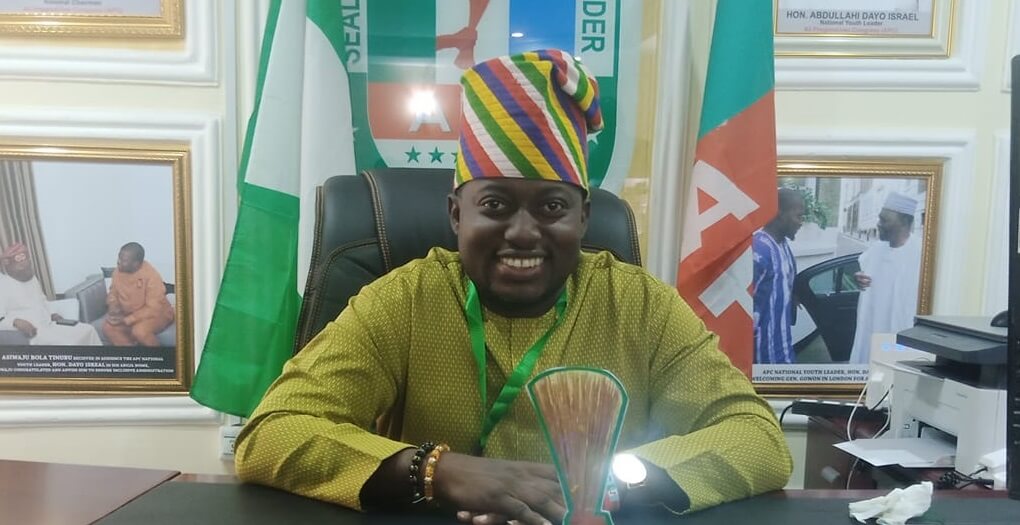
The Organisation of Trade Unions of West Africa (OTUWA) is developing a campaign module that is aimed at achieving a 40 per cent social protection coverage of West African people by 2026 and channelling of 10 percent of the output to social protection in the sub-region by 2030.
The Executive Secretary of the body, John Odah, disclosed the plan in Abuja at the sub-regional workshop on developing training and campaign materials for trade unions and civil society organisations in West Africa. He explained that the focus of the campaign will be on the need to increase the scope, coverage and level of funding of social protection in the region.
He said that OTUWA has begun the process of developing a campaign manual to be used for a three-year campaign project for progressively increasing social protection coverage to at least 40 per cent in West African countries by 2026 and get governments to invest a minimum of 10 per cent of GDP in social protection by 2030.
Odah stressed that the goal of getting governments to expand the scope and coverage of social protection and increase funding requires a concerted sustained advocacy.
He said: “A successful advocacy is always built around a sound strategy that facilitates effective social mobilisation, bearing in mind that advocacies are won, not necessarily because of the rationality of your arguments but because of the social force that is supportive of the advocacy.
“The purpose of the envisioned manual is thus to allow OTUWA to plan how to execute this campaign. To mobilise others to join our campaign, we must clearly articulate the subject of the campaign. The subject of the campaign is social protection, which is defined by the United Nations Research Institute for Social Development as concerned with preventing, managing, and overcoming situations that adversely affect people’s wellbeing.”
He maintained that while the goal for OTUWA is to get governments in the region to increase coverage and funding for social protection, the campaign messages are what we will tell different groups for the advocacy message to resonate with them and join us in the efforts to amplify that demand.
In her remarks, Deputy President of OTUWA, Sophie Kourouma, said the quest for universal social protection assumed a very prominent front roll with the COVID-19 global pandemic, which threw the entire world out of its strides and nations had to impose unprecedented stay-at-home measures while scientists struggled to find curtailment and cure mechanisms.
She disclosed that the aim of the gathering is twofold, which is to develop training and campaign materials that will eventually result in a manual for use by trade unions and civil society organisations in the subregions and intend to focus on the funding of social protection for citizens of the ECOWAS community.
While acknowledging the inability of some of the invite participants to make it to the meeting due to Christmas and New Year festivities, Kourouma assured that OTUWA will follow up with them in developing the materials to be able to adequately capture their perspectives in the manual.
On his part, the ECOWAS’ Commissioner for Human Development and Social Affairs, Prof Fatou Sow Sarr, lauded Odah for reinvigorating OTUWA and positively influencing the trade union organisation.
She stressed the importance of social protection in the achievement of the SDGs, in particular, target 1.3 of the SDGs which calls for the implementation of nationally appropriate social protection systems and measures for all by 2030 to ensure substantial coverage of the poor and vulnerable, must be an objective and a commitment for all.
She explained: “Indeed, the available data on the population receiving at least one cash benefit under social protection (SDG 1.3.1) indicates that West Africa, with 13 per cent, is the lowest region compared with the other regions of Africa, with a continental average of 18 per cent.
“It is also important not to lose sight of the lessons learned from the COVID-19 pandemic, which highlighted the persistent inequalities and major gaps that remain in our countries in terms of the coverage, comprehensiveness and adequacy of social protection to the needs of our populations.”
She insisted that the lessons of the recent past have shown that no one is protected until everyone is protected, saying, “Wherever we live, whatever our background, origins or activity, our well-being is closely dependent on that of others. When some of us can’t seek treatment or quarantine ourselves because we don’t have income security, the whole of public health is compromised and our collective well-being suffers.”
Therefore, she stated that it was important for the region to invest in strengthening social protection, which is both a fundamental human right and a social and economic necessity capable of improving the standard of living of our citizens in the ECOWAS region and contributing to the vision of a fully integrated community of peoples in a peaceful and prosperous region, with strong institutions that respect fundamental freedoms and work towards inclusive and sustainable development.











